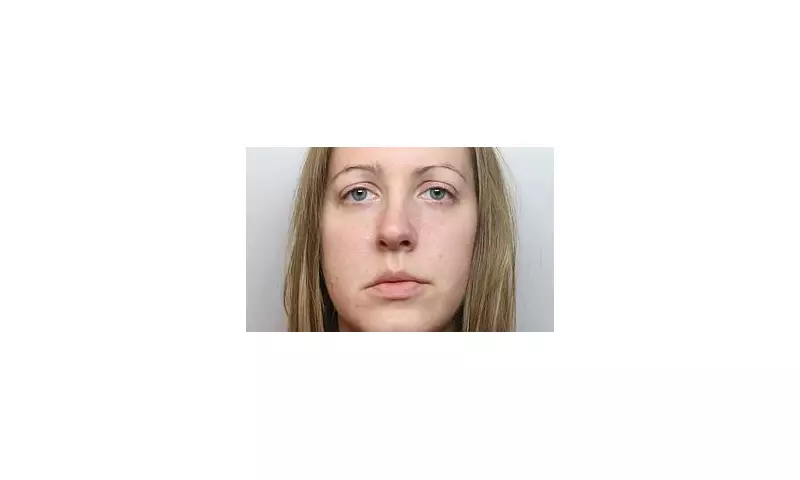
The credibility of a key piece of evidence used to convict neonatal nurse Lucy Letby of murdering seven babies is being questioned by one of the world's foremost experts in psychological coercion and false confessions.
Professor Gisli Gudjonsson, the renowned forensic psychologist whose pioneering work was instrumental in overturning the convictions of the Guildford Four, has analysed the so-called 'confession' note found at Letby's home. He suggests its meaning may have been fundamentally misinterpreted by the prosecution and the court.
A Note of Anguish, Not Admission?
Professor Gudjonsson argues that the note, which contained phrases like "I am evil I did this", is not a clear admission of guilt. Instead, he proposes it is far more likely to be the raw, chaotic outpouring of a person in the grips of severe post-traumatic stress, profound depression, and utter confusion.
"What I see in that note is someone who is really struggling mentally," Gudjonsson explained. The repetitive writing, the questions, and the emotional turmoil displayed are, in his expert view, indicative of a mind trying to make sense of an unimaginable situation, not a冷静的, factual account of crimes committed.
Echoes of a Historic Miscarriage of Justice
The professor's involvement brings a powerful historical resonance to the case. His expert testimony on the psychological pressure placed on the Guildford Four was pivotal in exposing one of Britain's most infamous miscarriages of justice. Now, he turns his attention to the Letby case, applying the same rigorous analysis to the handwritten note.
He warns against the dangers of taking such statements at face value, especially when made in private by an individual under immense stress, rather than in a formal police interview. "You can't just pluck out one sentence and say 'that is a confession'," he stated, emphasising the critical need for context and psychological evaluation.
The Fight for an Appeal Continues
Professor Gudjonsson's analysis will form a crucial part of Lucy Letby's upcoming appeal against her convictions. His international standing in the field of forensic psychology lends significant weight to the argument that the note may have been misrepresented.
This development ensures that the legal saga surrounding Lucy Letby is far from over, raising profound questions about evidence, mental health, and the interpretation of confession in the highest-stakes criminal trials.





